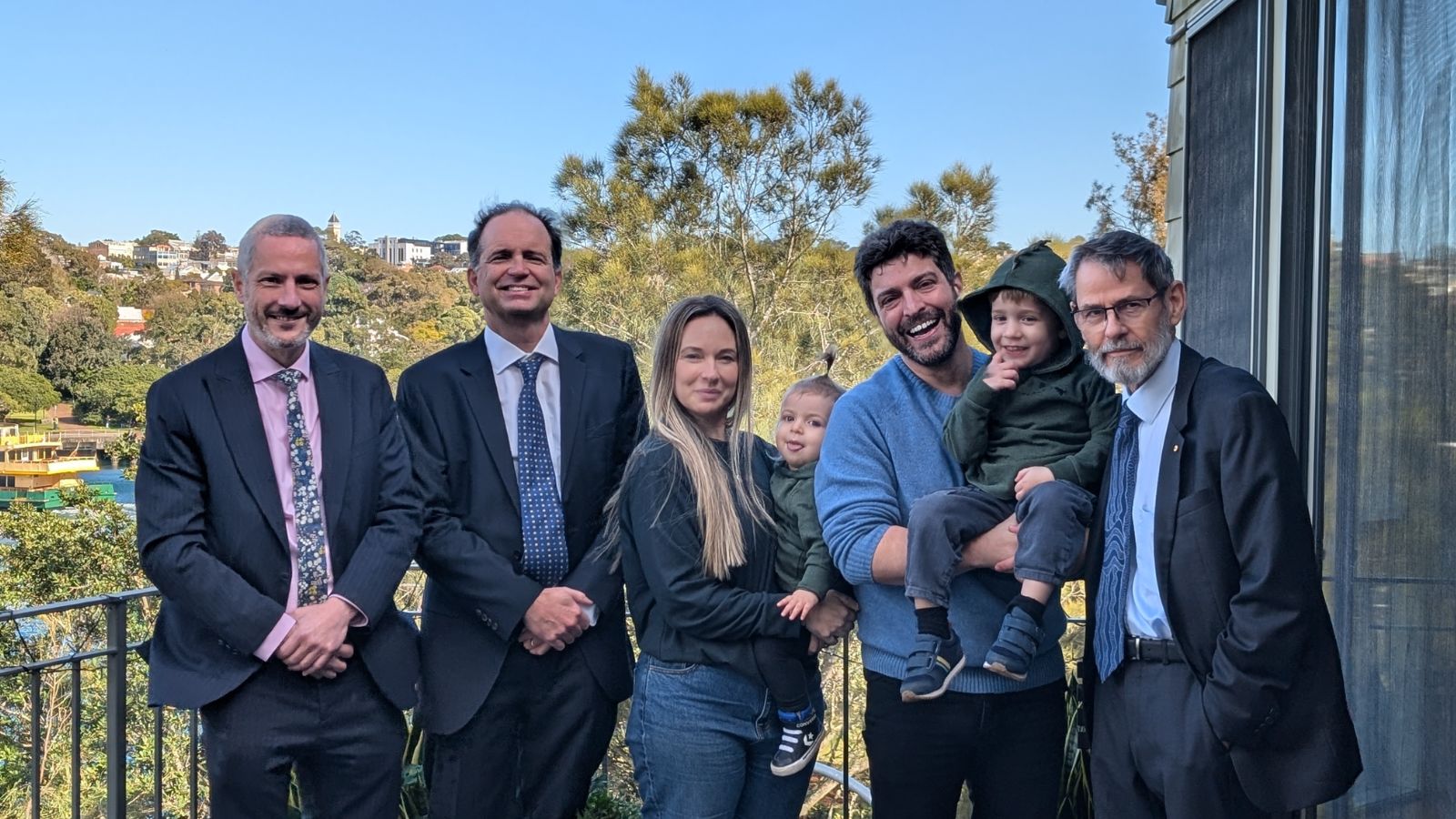
A ground-breaking study into government-funded genetic carrier screening for Australian couples seeking to have children has published its main findings in the leading international journal, The New England Journal of Medicine.
The results of the Mackenzie’s Mission project demonstrate the feasibility of screening for the chance of having children with one or more of hundreds of genetic conditions at a national level and provide key information for the design of a potential public program in the future.
The study, administered by Australian Genomics, tested 9107 couples to see if they had an increased chance of having children with one or more of about 750 severe childhood-onset genetic conditions.
Of those couples tested, 1.9 per cent (175 or 1 in 50) were found to be at “increased chance”. Three quarters of them used that information to inform their decisions about having children, including using IVF and selecting embryos unaffected by the genetic condition.
It is the first time a genetic carrier screening project of this scale has been attempted in Australia and one of the first in the world. The three project leads were Professor Edwin Kirk (NSW Health Pathology, University of NSW), Professor Martin Delatycki (Victoria Clinical Genetic Services, Murdoch Children’s Research Institute) and Emeritus Professor Nigel Laing AO (Harry Perkins Institute of Medical Research, The University of Western Australia and PathWest Laboratory Medicine).
Until recently, people with an increased chance of having children with a severe genetic condition would only learn of their carrier status after the birth of an affected child. Reproductive genetic carrier screening (RGCS) gives couples the choice to have that information before or during early pregnancy.
The Mackenzie’s Mission project set out to find answers to many of the challenges involved in setting up a national program, including how to best offer it at population level, which genes to include, how laboratories report results, how couples respond once they discover they are at increased chance of having children affected by one of the conditions, and costs.
In November 2023 the Australian Government included reproductive carrier screening for three genetic conditions on the Medicare Benefits Schedule. This means screening is now free for spinal muscular atrophy, cystic fibrosis and fragile X syndrome, making Australia one of the few countries to fund RGCS.
But in the Mackenzie’s Mission study 80 per cent of the couples found to have an increased chance of bearing children with a severe genetic condition were carriers for conditions other than those three.
While RGCS is becoming more widely understood, it is still not routinely offered by all healthcare practitioners, and expanded carrier screening (covering hundreds of genes rather than just three) is only available on a fee-paying basis through a growing number of commercial providers. This means it is only available to those who can afford it.
Mackenzie Casella’s story
Rachael and Jonathan Casella learned their baby Mackenzie had spinal muscular atrophy (SMA) when she was 10 weeks old. SMA is a severe inherited neuromuscular condition without a cure.
Prior to her birth Rachael and Jonathan undertook all the recommended preparations and testing to have a healthy child. They have no family history of genetic conditions. They were not aware they are carriers of SMA. As carriers they do not have the condition themselves but have a one in four chance of having a child with SMA.
Mackenzie died in October 2017 when she was seven months old. Her journey was the catalyst for a campaign by Rachael and Jonathan to call for routine reproductive genetic carrier screening free for all prospective parents in Australia who wish to have this.
Rachael and Jonathan now have two healthy sons, Izaac and Joshua.
Read more here.
Image – pictured L-R: Professor Martin Delatycki, Professor Edwin Kirk, Rachael, Joshua, Jonathan and Izaac Casella, and Emeritus Professor Nigel Laing.

